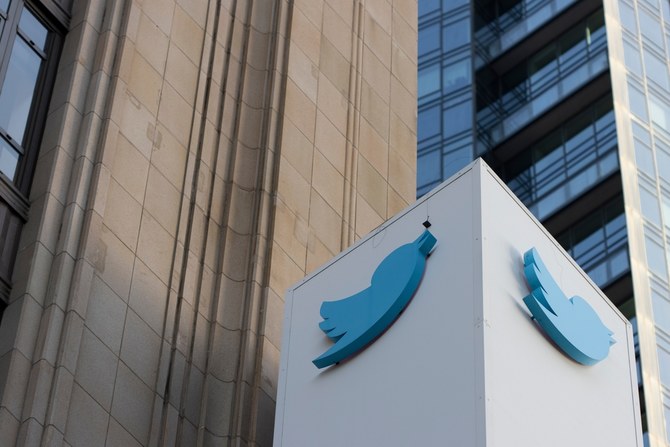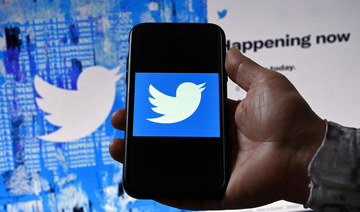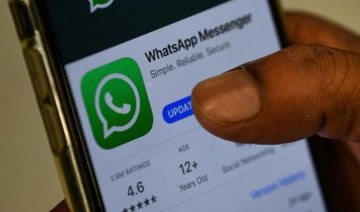LONDON: Twitter and WhatsApp are pushing back against the Indian government’s request to remove content and weaken encryption in a move that could see Prime Minister Narendra Modi’s government further tighten its grip on media freedom in the country, experts claim.
“The Modi government’s tactic of trying to stamp out encrypted messaging and social media posts under the guise of public safety and lawfulness could spread elsewhere,” said Daphne Keller, director of the Program on Platform Regulation at Stanford’s Cyber Policy Center.
“We should consider it a canary in the coal mine for other faltering democracies, including our own,” she added.
The number of internet users in India has grown dramatically in the last few years, sparking the government’s concerns about disinformation, hate speech and other dangers online. However, critics say the recent moves are simply a cover for cracking down on free speech and dissent.
Over the last few years, New Delhi has introduced a series of regulations and laws to curb freedom of speech, including new information technology rules that “required any large social media firm to appoint chief compliance officer, nodal contact person and resident grievance officer in the country to address local concerns.”
“Official regulations are increasingly beside the point. The government doesn’t follow its own rules,” says Raman Jit Singh Chima, Asia policy director for the civil rights group Access Now. “The government doesn’t follow due process. The system is rotten to the core.”
In July, Twitter announced it filed a lawsuit against the Indian government, accusing it of abusing its power “by ordering it to arbitrarily and disproportionately remove several tweets from its platform.”
“Blocking of such information is a violation of the freedom of speech guaranteed to citizen-users of the platform. Further, the content at issue does not have any apparent proximate relationship to the grounds under Section 69A,” Twitter argued in a statement.
Twitter offices in New Delhi were subsequently raided by the police in an act denounced as “intimidatory” by the US company.
Twitter is not the only tech giant to have confronted the Indian government. Last year, WhatsApp sued New Delhi, challenging new regulations that “could allow authorities to make people’s private messages ‘traceable,’ and conduct mass surveillance.”
Because of its growing internet base, US social media giants see India as a critical market, but due to the current climate, they have encountered increased difficulties.
However, it seems clear that companies have no intention of standing by and obeying the government’s orders and have started putting up some resistance.













